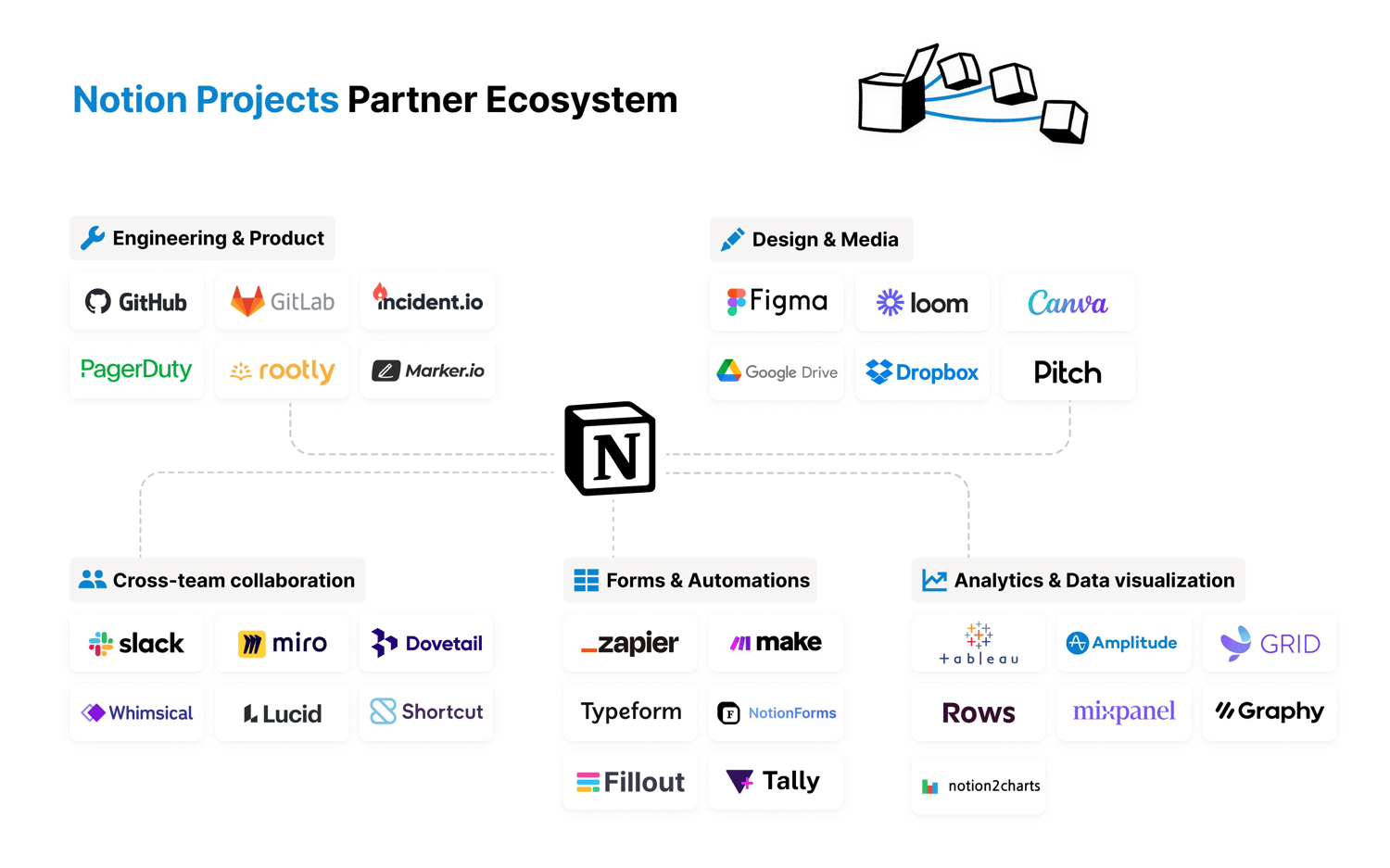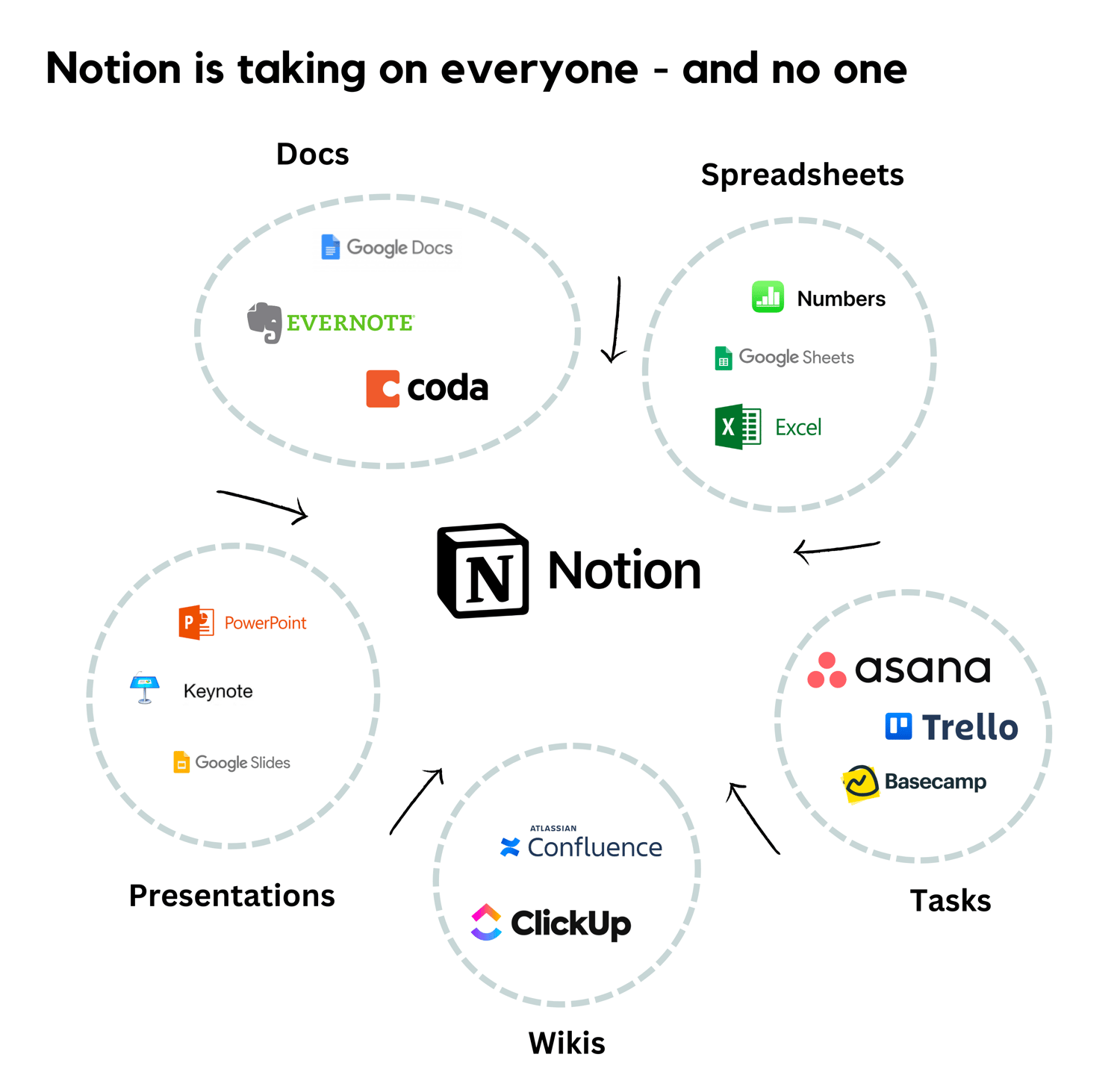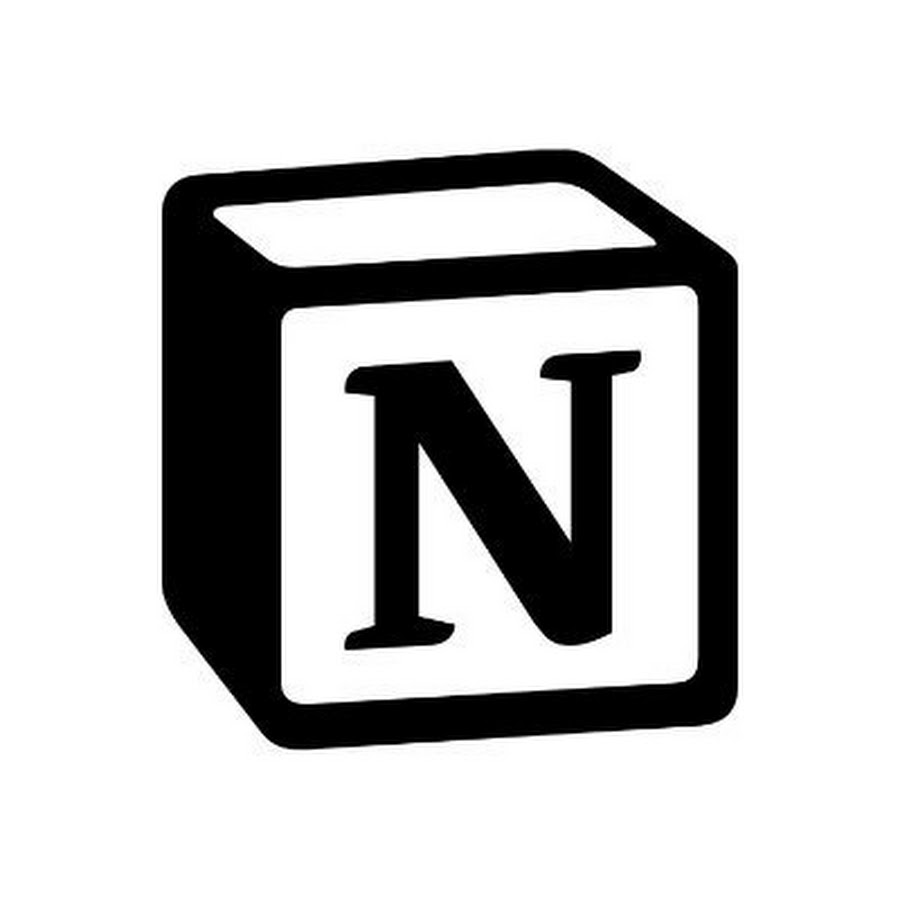In today's fast-paced digital world, productivity tools come and go, but few have revolutionized personal and professional organizations quite like Notion. Unlike traditional productivity systems that often lead to burnout, Notion enables a more sustainable approach to getting things done. Here's how this versatile platform can help you build lasting productivity habits that stick.
The Foundation: All-in-One Workspace
Notion's greatest strength lies in consolidating your digital life into one cohesive space. Instead of juggling multiple apps for notes, tasks, and projects, Notion is a central hub where information flows seamlessly. This integration reduces the cognitive load of context-switching, a common productivity killer in our modern workflow.

Building Blocks for Sustainable Systems
1. Flexible Database Architecture
Notion's database feature forms the backbone of sustainable productivity. Unlike rigid task managers, Notion's databases can evolve with your needs:
- Create custom properties to track what matters to you
- Filter and sort information based on context
- Link-related items across different databases
- Build automated views for different aspects of your work
2. Personal Knowledge Management
Knowledge management becomes effortless with Notion's wiki-style linking and organization:
- Create interconnected notes that build your knowledge base
- Embed relevant resources directly into your pages
- Use templates to standardize information capture
- Implement progressive summarization for better retention
3. Project Management That Breathes
Traditional project management tools can feel constraining. Notion's approach is different:
- Design custom project templates that match your workflow
- Scale from simple to-do lists to complex project trackers
- Adapt views based on project phases
- Collaborate seamlessly with team members

Creating Sustainable Habits
1. The Weekly Review System
Implement a sustainable weekly review process:
- Create a dashboard for weekly planning
- Review and adjust goals
- Process inbox items
- Update project statuses
- Reflect on progress and challenges
2. Energy-Based Task Management
Instead of rigid time-based scheduling, Notion enables energy-based task management:
- Tag tasks based on energy requirements
- Create views filtered by energy levels
- Match tasks to your natural productivity rhythms
- Build flexibility into your planning
Advanced Features for Long-Term Success
1. Automated Workflows
Reduce friction in your productivity system:
- Use templates for recurring tasks
- Create linked databases for related information
- Implement button-based automation
- Design self-updating dashboards
2. Progressive Adaptation
Your productivity system should evolve as you do:
- Start with simple structures
- Add complexity only when needed
- Regular system audits and refinements
- Remove unused features
Avoiding Common Pitfalls
1. Over-Engineering
Sustainability requires simplicity:
- Start with essential features
- Add complexity gradually
- Regular system audits
- Remove unused elements
2. Integration Overload
While Notion can connect with many tools, be selective:
- Choose integrations that serve clear purposes
- Regularly evaluate integration value
- Maintain system simplicity
- Focus on core workflows
Conclusion
Sustainable productivity isn't about working more—it's about working smarter while maintaining your energy and enthusiasm. Notion provides the flexibility and tools to build a system that grows with you, adapts to your changing needs, and supports your long-term productivity goals. By focusing on sustainability rather than short-term efficiency, you can create a productivity system that will serve you for years.
Remember, the goal isn't to build the perfect system but to develop one that supports your work while maintaining your well-being. Start simple, iterate based on your needs, and let Notion's flexibility work for you rather than against you.



Comments ()